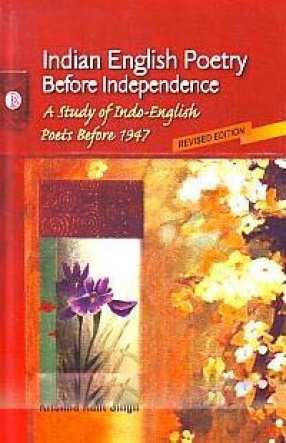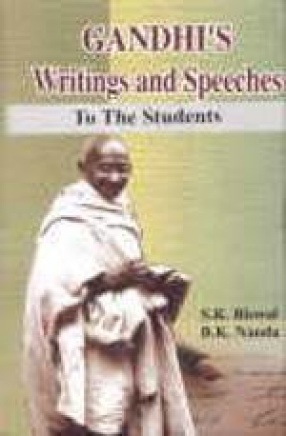To explore a regional identity is to explore an idea. All human collectivities have a sense of place, a subjective connection to their environment. Through custom, culture and myth, the area of northwestern India known as Rajasthan has developed a distinctive identity which can be defined and illuminated. The essays in this pioneering two-volume work explore some of the many facets of this changing yet enduring identity. Regions are grounded in objective realities, but they are also subjective constructs. To address both perspectives, The Idea of Rajasthan is published in two complementary volumes. The first, constructions, looks at how Rajasthanis and outsiders have created and defined Rajasthan. "Identity as Process" contains essays which consider how a regional identity is created and reinforced. "Art as Communication" discusses how arts such as music, mime, painting and sculpture represent and reflect regional cultural identity. The second volume, Institutions, analyzes structures, adaptations, arrangements, and ways of life and thought that have characterized and shaped the lives of Rajasthanis. "Locales and Social Structures" contributes essays on grass roots economic, social and political adaptations to Rajasthan’s limited-resource environment and the legacy of the princely states. In "Power and Hegemony," the focus is on dimensions of the Rajputs’ historic dominance of the region. The authors are from a spectrum of disciplines in the humanities, social sciences, and sciences concerned with the natural environment. Each presents original research findings within the broader context of the work’s central issue: how has the regional identity of Rajasthan been developed, maintained and represented, by and to both insiders and outsiders, through time and across the region’s physical expanse? To understand a regional identity in all its uniqueness requires informed, sensitive insight into complex and subtle characteristics. Environmental influences, remembered histories, literary styles, cultural traditions, common institutions, shared symbols–all need to be considered. The interrelationships of these factors in Rajasthan, and the plural perspectives adopted by this interdisciplinary work invite comparisons and raise questions about regions elsewhere. In our contemporary world of ethnic complexities, identity seeking, communalism, territorialism and boundary jumping, scholars must take responsibility for helping understand how we can live together while maintaining the regional characteristics and cultural differences that enrich us and keep us grounded in a sense of place and community. The idea of Rajasthan will be of interest not only to South Asia specialists, but to all who explore regional identities.

The Idea of Rajasthan: Explorations in Regional Identity (In 2 Vols.)
In stock
Free & Quick Delivery Worldwide
reviews
Bibliographic information
Title
The Idea of Rajasthan: Explorations in Regional Identity (In 2 Vols.)
Author
Edition
1st Ed.
Publisher
ISBN
8173043043
Length
xxii+319p., Figs.; Tables; Maps; Notes; Append.; Index.
Subjects




There are no reviews yet.